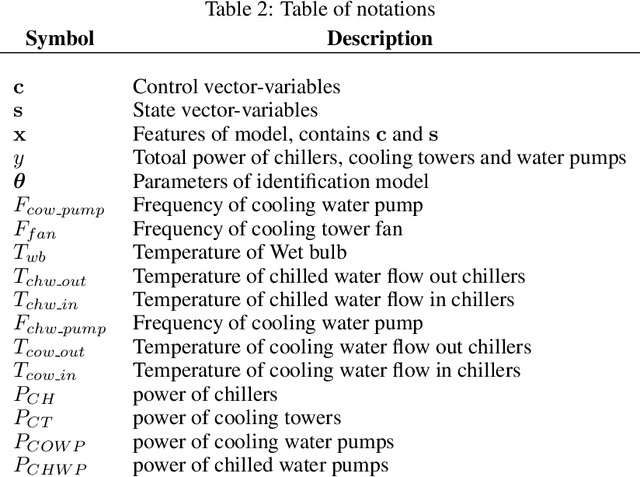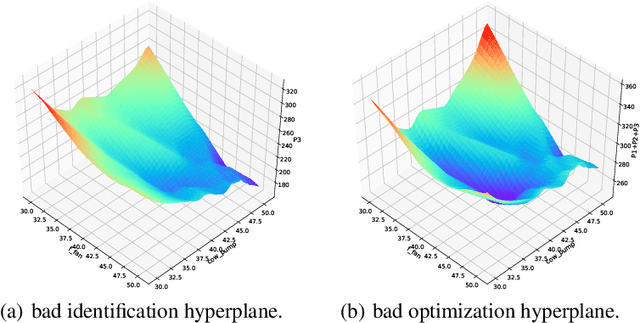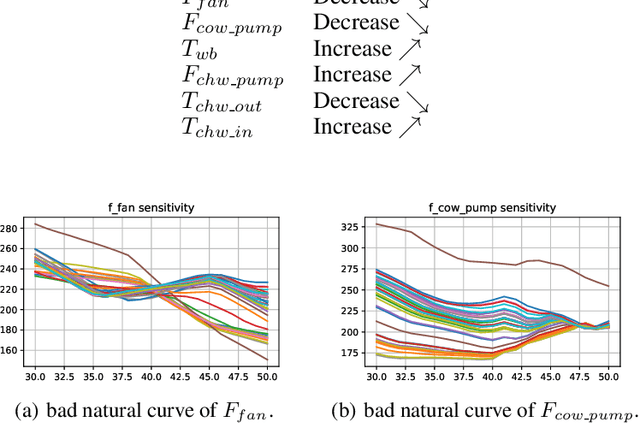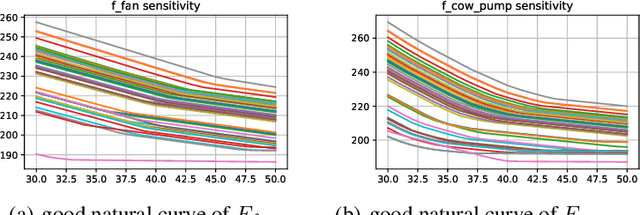Changsheng Zhou
Benchmarking Chest X-ray Diagnosis Models Across Multinational Datasets
May 21, 2025Abstract:Foundation models leveraging vision-language pretraining have shown promise in chest X-ray (CXR) interpretation, yet their real-world performance across diverse populations and diagnostic tasks remains insufficiently evaluated. This study benchmarks the diagnostic performance and generalizability of foundation models versus traditional convolutional neural networks (CNNs) on multinational CXR datasets. We evaluated eight CXR diagnostic models - five vision-language foundation models and three CNN-based architectures - across 37 standardized classification tasks using six public datasets from the USA, Spain, India, and Vietnam, and three private datasets from hospitals in China. Performance was assessed using AUROC, AUPRC, and other metrics across both shared and dataset-specific tasks. Foundation models outperformed CNNs in both accuracy and task coverage. MAVL, a model incorporating knowledge-enhanced prompts and structured supervision, achieved the highest performance on public (mean AUROC: 0.82; AUPRC: 0.32) and private (mean AUROC: 0.95; AUPRC: 0.89) datasets, ranking first in 14 of 37 public and 3 of 4 private tasks. All models showed reduced performance on pediatric cases, with average AUROC dropping from 0.88 +/- 0.18 in adults to 0.57 +/- 0.29 in children (p = 0.0202). These findings highlight the value of structured supervision and prompt design in radiologic AI and suggest future directions including geographic expansion and ensemble modeling for clinical deployment. Code for all evaluated models is available at https://drive.google.com/drive/folders/1B99yMQm7bB4h1sVMIBja0RfUu8gLktCE
Monotonic Neural Network: combining Deep Learning with Domain Knowledge for Chiller Plants Energy Optimization
Jun 11, 2021



Abstract:In this paper, we are interested in building a domain knowledge based deep learning framework to solve the chiller plants energy optimization problems. Compared to the hotspot applications of deep learning (e.g. image classification and NLP), it is difficult to collect enormous data for deep network training in real-world physical systems. Most existing methods reduce the complex systems into linear model to facilitate the training on small samples. To tackle the small sample size problem, this paper considers domain knowledge in the structure and loss design of deep network to build a nonlinear model with lower redundancy function space. Specifically, the energy consumption estimation of most chillers can be physically viewed as an input-output monotonic problem. Thus, we can design a Neural Network with monotonic constraints to mimic the physical behavior of the system. We verify the proposed method in a cooling system of a data center, experimental results show the superiority of our framework in energy optimization compared to the existing ones.
 Add to Chrome
Add to Chrome Add to Firefox
Add to Firefox Add to Edge
Add to Edge